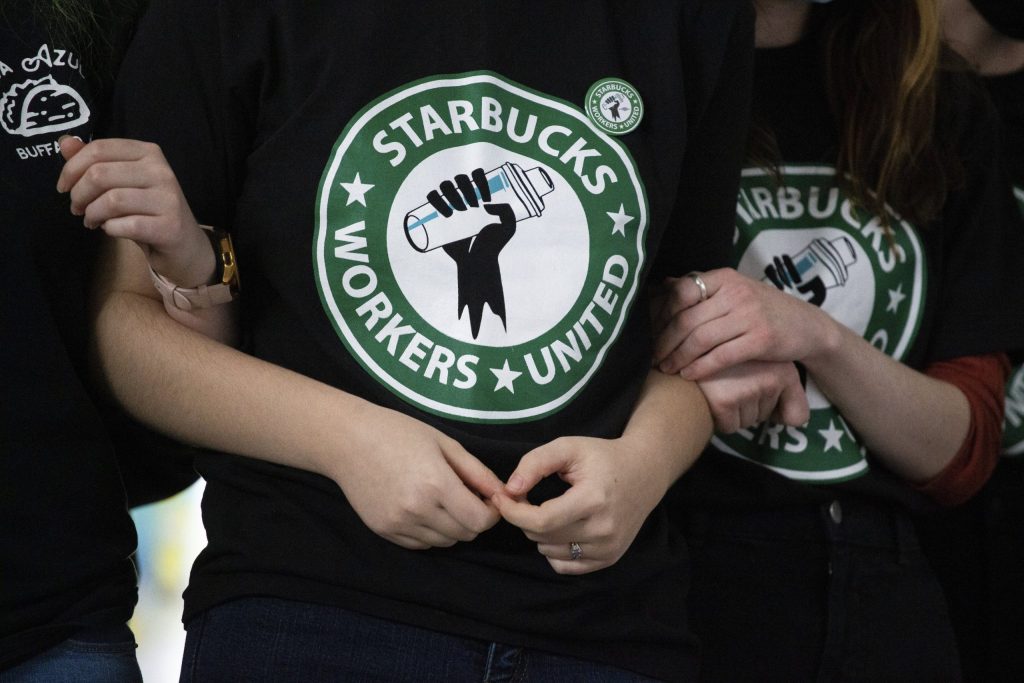The recent strike by over 1,000 Starbucks baristas marks a significant turning point in the relationship between major food chains and their employees. The Workers United union has taken a bold stand against the enforcement of a new dress code, highlighting a growing trend in the food service industry: employees demanding a voice in corporate decisions that impact their work environment according to Nation’s Restaurant News. This movement is not just about attire; it underscores a broader push for employee rights and workplace autonomy.
As the strike gains momentum, it reflects a larger narrative about the evolving dynamics in the workforce, particularly in the food and beverage sector. The union’s complaint with the National Labor Relations Board (NLRB) emphasizes the importance of collective bargaining and could set a precedent for future negotiations. This situation brings to light the intricate balance between corporate policies and employee satisfaction, raising questions about how companies can foster a more inclusive and participatory work culture.
This sets the stage for what’s next in the dialogue between food industry giants and their workers. As consumers become more aware of these issues, they may begin to align their purchasing choices with companies that prioritize employee welfare. Will this strike inspire other sectors to rethink their approach to employee relations, or will it serve as a cautionary tale for those considering similar actions? The outcome may well influence the future of labor relations in the food industry and beyond.


